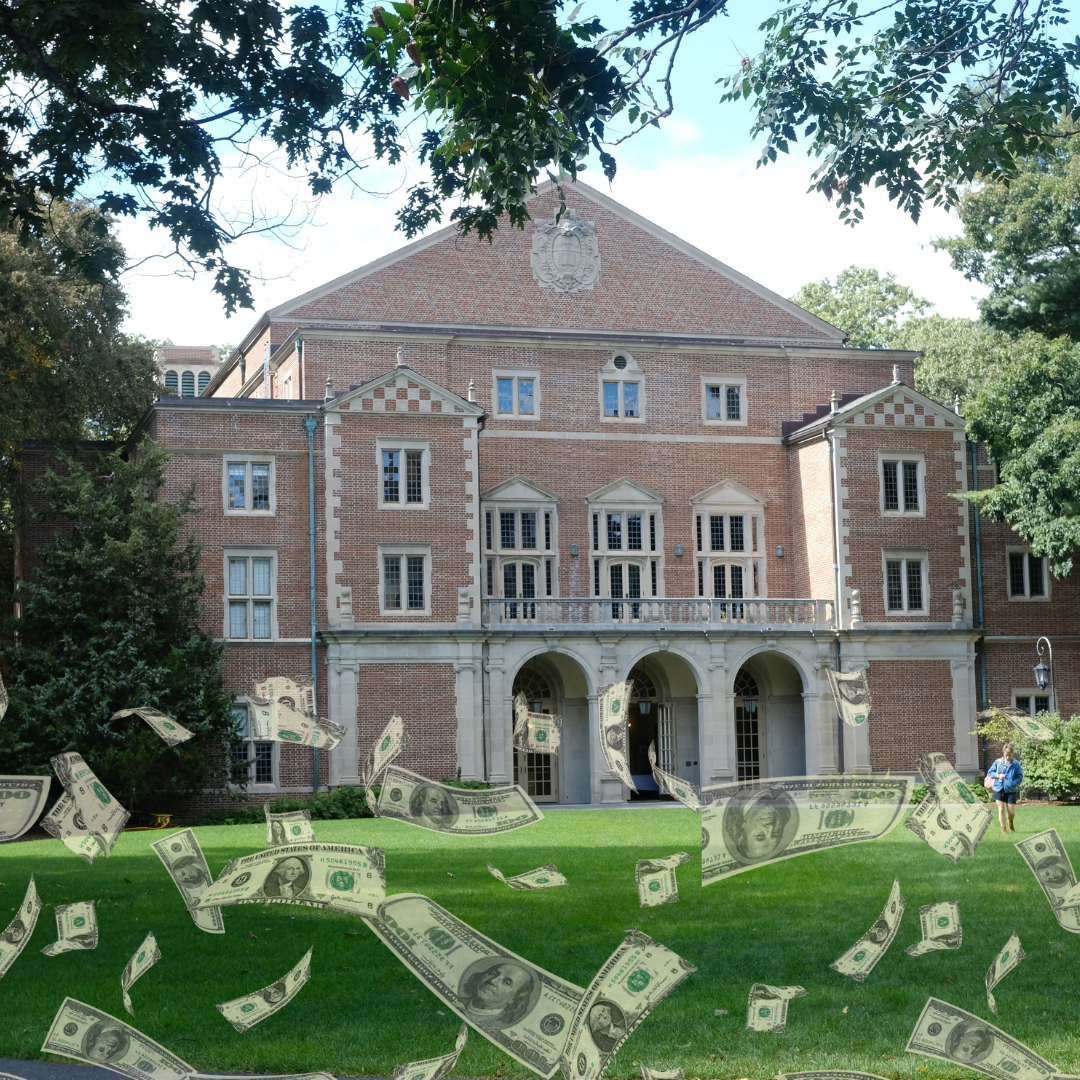Attorney General Eric Holder resigns
President Obama announced last week that Eric Holder, the nation’s first African-American attorney general, will resign from his post. The search has begun for a replacement who can carry on Holder’s civil rights campaign and guide the administration through the legal challenges of its fight against terrorism overseas. Holder is known for his persistent efforts to end racial discrimination in the justice system and protect voter rights, which he stridently defended after the Supreme Court struck down key pieces of the 1965 Voting Rights Act. However, Holder leaves a mixed legacy. He has also been criticized for failing to prosecute Wall Street bankers who contributed to the 2008 economic collapse. Privacy rights activists denounce Holder for taking the side of the National Security Agency when it came to government spying. His resignation deals a blow to Obama, who has lost what the New York Times called his “chief liberal warrior.” Although several candidates, including Massachusetts governor Deval Patrick, have already been singled out in the media, Democrats expect a tough fight ahead in confirming Obama’s choice for Holder’s successor.
Shooting of policeman in Ferguson unrelated to protests
A police officer in Ferguson, MO was shot in the arm on Saturday night while pursuing a suspect, about two miles from where Michael Brown, an unarmed black teenager, was killed by a white police officer in August. Law enforcement officials confirmed that the shooting was unrelated to the ongoing protests sparked by Brown’s death and occurred far from the site of the demonstrations. Still, Saturday night was filled with tension as protesters waited for information about the shooting. The officer had reportedly gotten out of his vehicle to question a man about a recent burglary when the man turned to run. As the officer chased after him, the man fired a bullet into the officer’s arm. The officer was taken to be treated at a local hospital, while the man he was pursuing escaped into the woods. Police were unable to find him. Although the officer returned fire, investigators say there is no evidence that the man was hit.
Hong Kong protests continue on China’s National Day
Images of demonstrators shielding themselves with umbrellas from tear gas and pepper spray have become emblematic of the protests in Hong Kong, which continued under the cover of nightfall yesterday. Demonstrators are calling for a fully democratic local election of Hong Kong’s leaders in 2017. Last month, Beijing announced that Hong Kong voters could elect their chief executive, but only Beijing-approved candidates would be allowed to run. Since then, dissenters have resisted a police crackdown while the government in Beijing denounces the protests in state-controlled media outlets and blocks the deluge of Hong Kong-related pictures and posts on social media. Because of a deal between the region’s former colonizer Britain and the Chinese government, Hong Kong has historically enjoyed greater freedom of speech than mainland China. However, in the past week, state suppression of the protesters have called into question the extent of those freedoms. Today marks a national holiday in China, and many citizens have said they will take advantage of their time off to join the protests despite the increased likelihood of a crackdown.
Indian Prime Minister Narendra Modi visits United States for first time
For the first time since he was elected in May, the new Prime Minister of India, Narendra Modi, visited the United States, where he received a warm welcome from a large crowd of Indian-Americans and later made his way to the White House to begin his two-day visit with President Obama. For Modi, whose visa was denied in 2005 over allegations that he neglected to stop a religious riot in the Indian state of Gujarat three years earlier, this was the first time he was able to step foot in the United States in almost 20 years. According to the New York Times, many Indians living in the United States see the new leader as a fresh hope for India. Modi oversaw rapid economic growth in Gujarat before his election. His promise to crack down on bureaucracy and corruption in the government and revive India’s economy later propelled him to the highest office in the world’s largest democracy.





